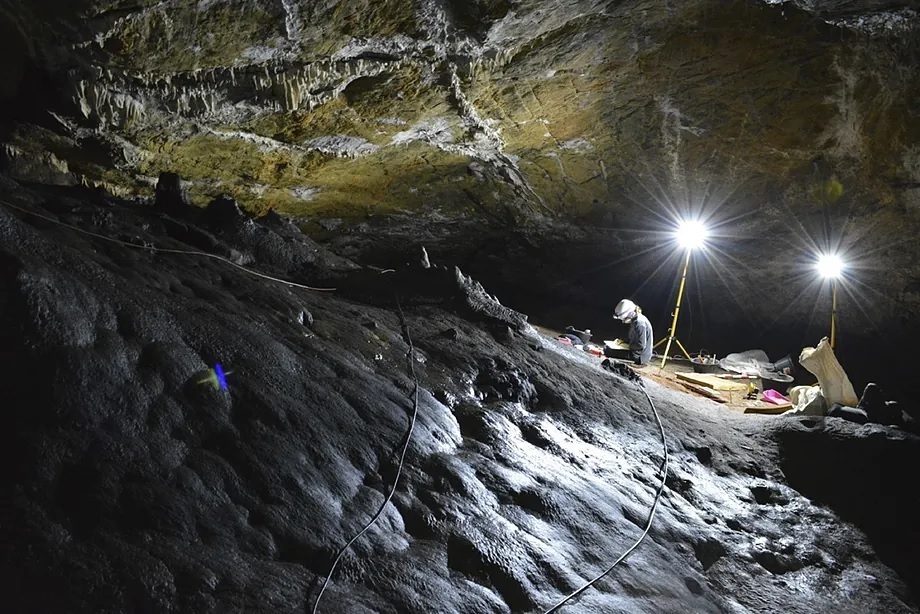Hybridizations between Neanderthals and modern humans (Homo sapiens) have left a mark on our genome, with varying percentages depending on the regions of the Earth. Now, a team led by scientists from the Max Planck Institute for Evolutionary Anthropology in Leipzig, Germany, provides more information about these sexual encounters between individuals of both species before Neanderthals became extinct, leaving us as the only human species on the planet.
As a result of this interbreeding, in Eurasian populations, the percentage of Neanderthal-inherited genes ranges from 1 to 2%. However, populations in East Asia have approximately 20% more Neanderthal genes than Europeans and Western Asians.
After analyzing 334 genomes - from 275 contemporary humans living in different regions of the Earth and 59 sapiens who lived between 45,000 and 2,200 years ago - the new study concludes that the majority of genes inherited from Neanderthals can be attributed to a single period, likely occurring between 50,500 and 43,500 years ago. This result, published on Thursday in the journal Science, is consistent with archaeological findings in areas of Europe that were inhabited by both modern humans and Neanderthals.
Furthermore, thanks to these sexual encounters of our ancestors with Neanderthals, Homo sapiens acquired various Neanderthal genes that have proven beneficial for our health. These genes are mainly related to skin pigmentation, the immune system, or metabolism, as well as other biological adaptations that helped in surviving in an environment with unstable climate conditions.
According to the authors of this study, some of the Neanderthal genes involved in the immune system and skin pigmentation increased in frequency in Homo sapiens over time, implying that they may have been advantageous for human survival. For example, a variant of an immune gene inherited from Neanderthals provides protective effects against the coronavirus that causes Covid-19.
"Neanderthals lived outside of Africa, in harsh climates during the Ice Age, and adapted to this environment and its pathogens. When modern humans left Africa and interbred with Neanderthals, some individuals inherited Neanderthal genes that presumably allowed them to adapt and thrive better in their environment," explained in a statement Leonardo Iasi, one of the lead authors of the study.
Scientists believe that some genes, such as the one conferring resistance to coronaviruses, may not have been immediately useful but became beneficial later on. "The environment changes, and some genes become advantageous," noted Benjamin Peter, co-author and researcher from the University of Rochester (New York) and the Max Planck Institute.
The main period during which interbreeding between Neanderthals and modern humans occurred has been confirmed by another study published on Thursday in the journal Nature, based on the analysis of two newly sequenced genomes of Homo sapiens who lived around 45,000 years ago, also indicating a date around 47,000 years ago.
Priya Moorjani, another co-author of the study published in Science, is also analyzing Neanderthal sequences in individuals of East Asian descent who not only have a higher percentage of Neanderthal genes but also some genes (up to 0.1% of their genome) from the Denisovans, another group of primitive hominids. "It's truly fantastic that we can look into the past and see how inherited variants from our evolutionary cousins, the Neanderthals and Denisovans, have changed over time," reflected this researcher from the University of California, Berkeley.
